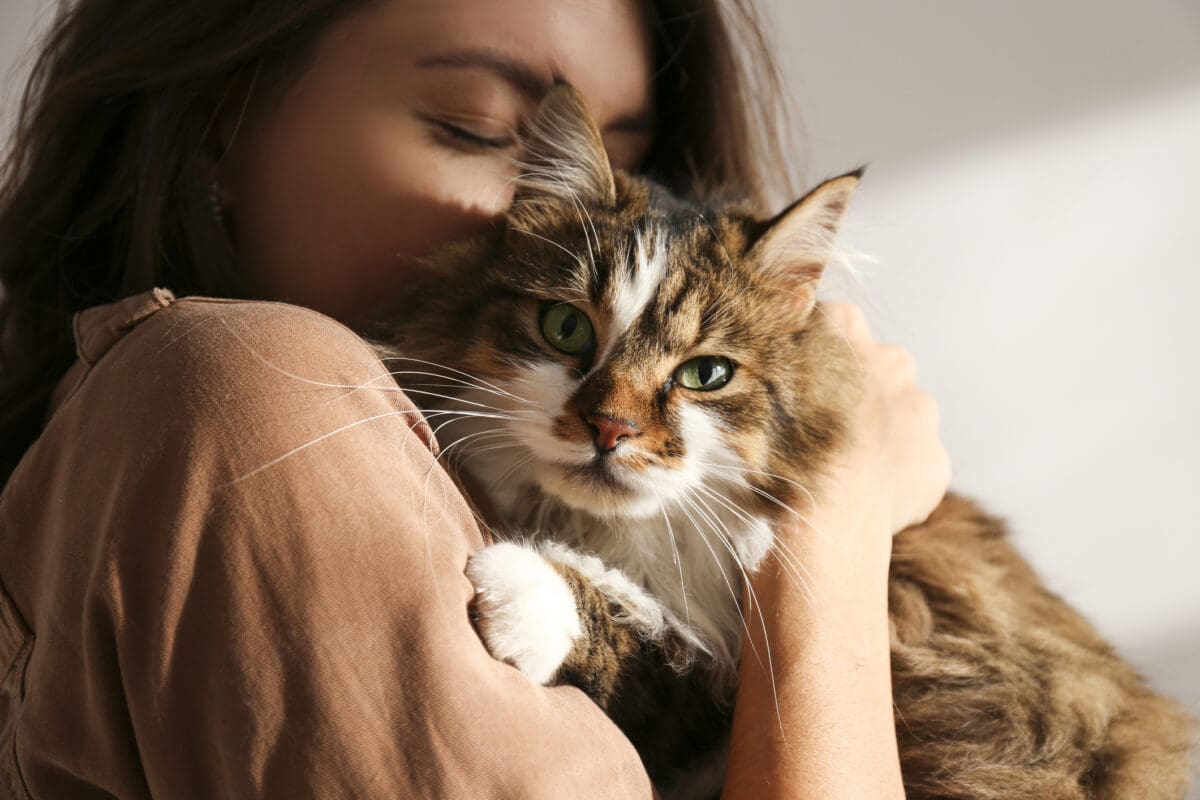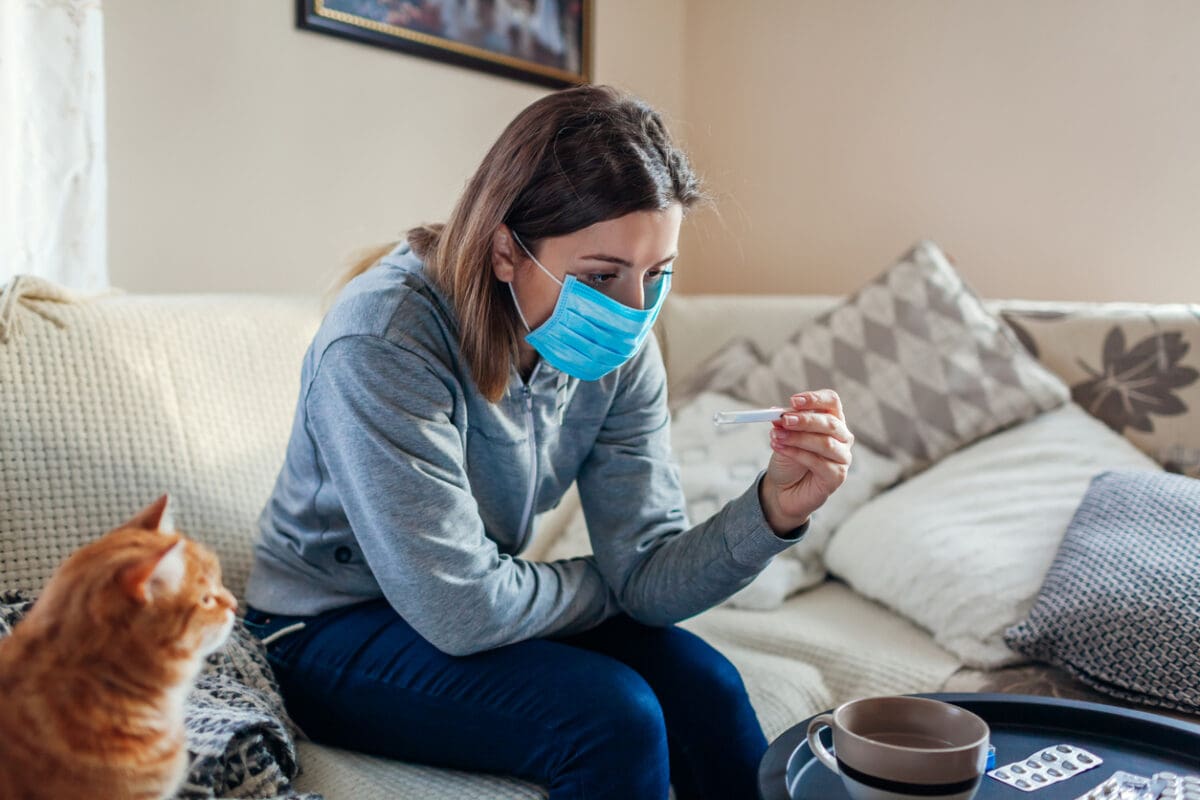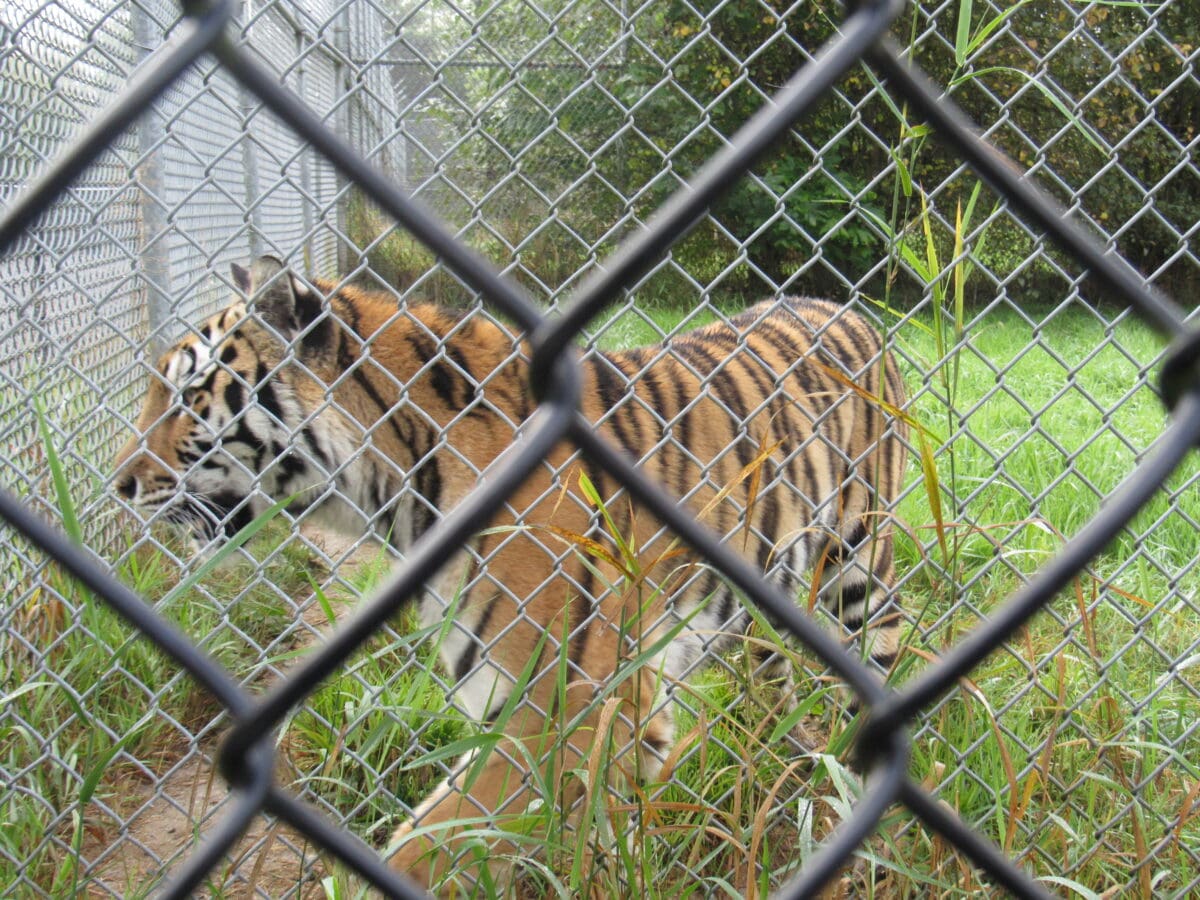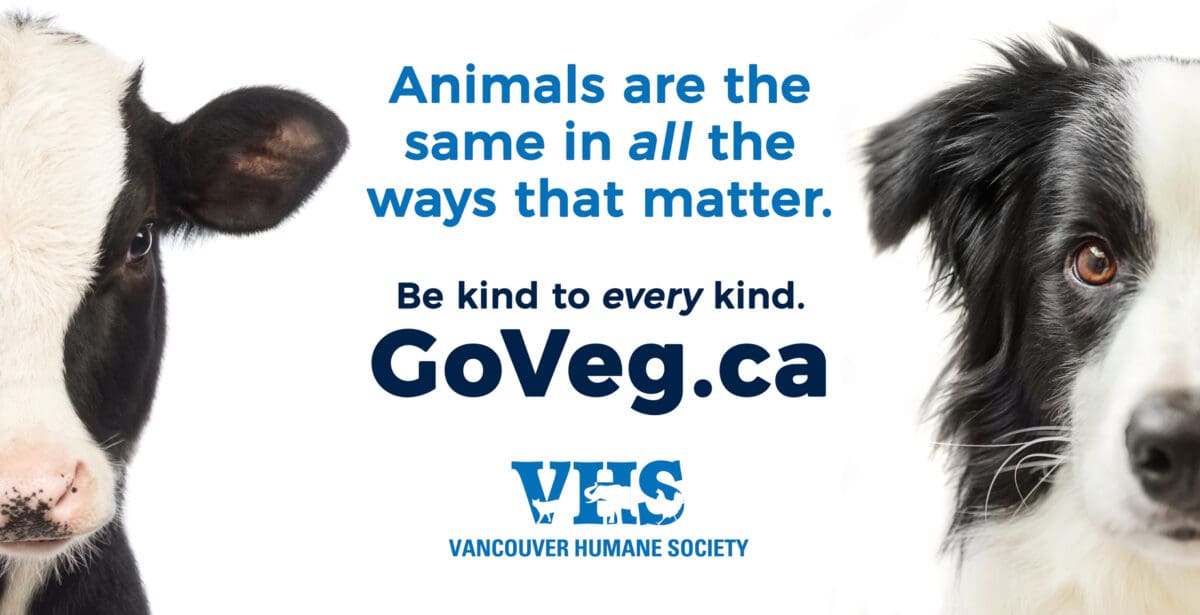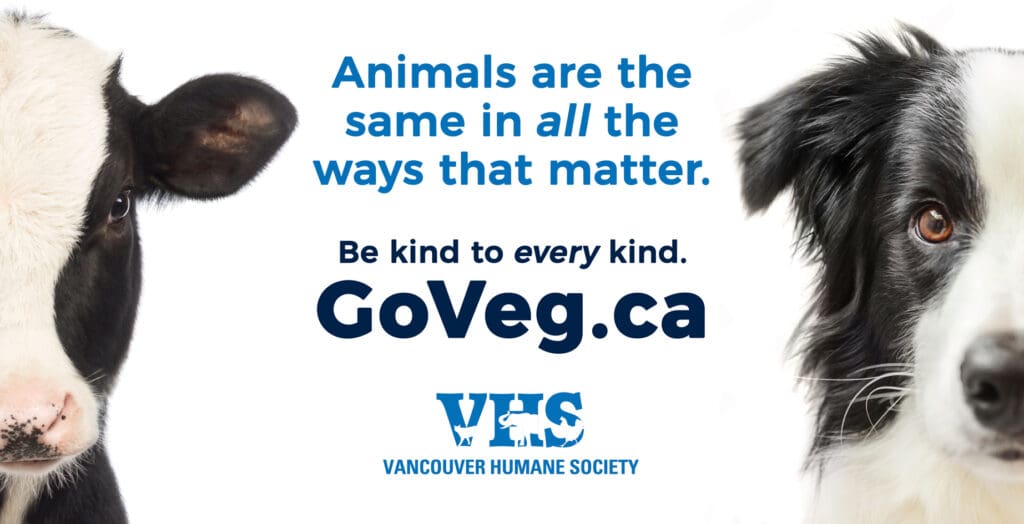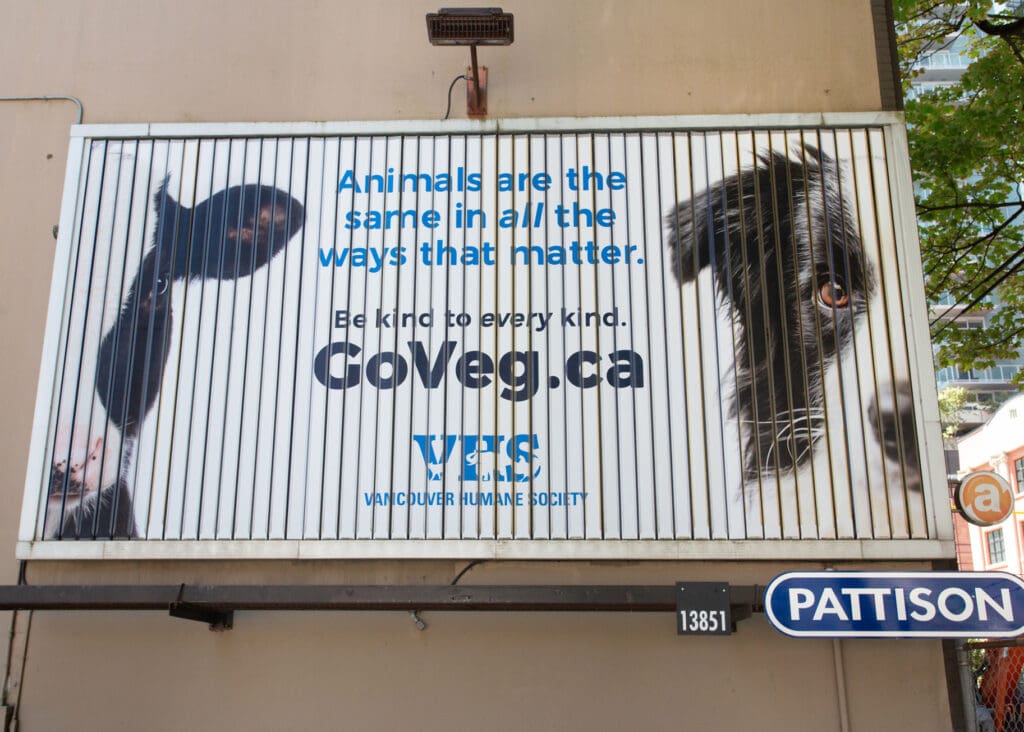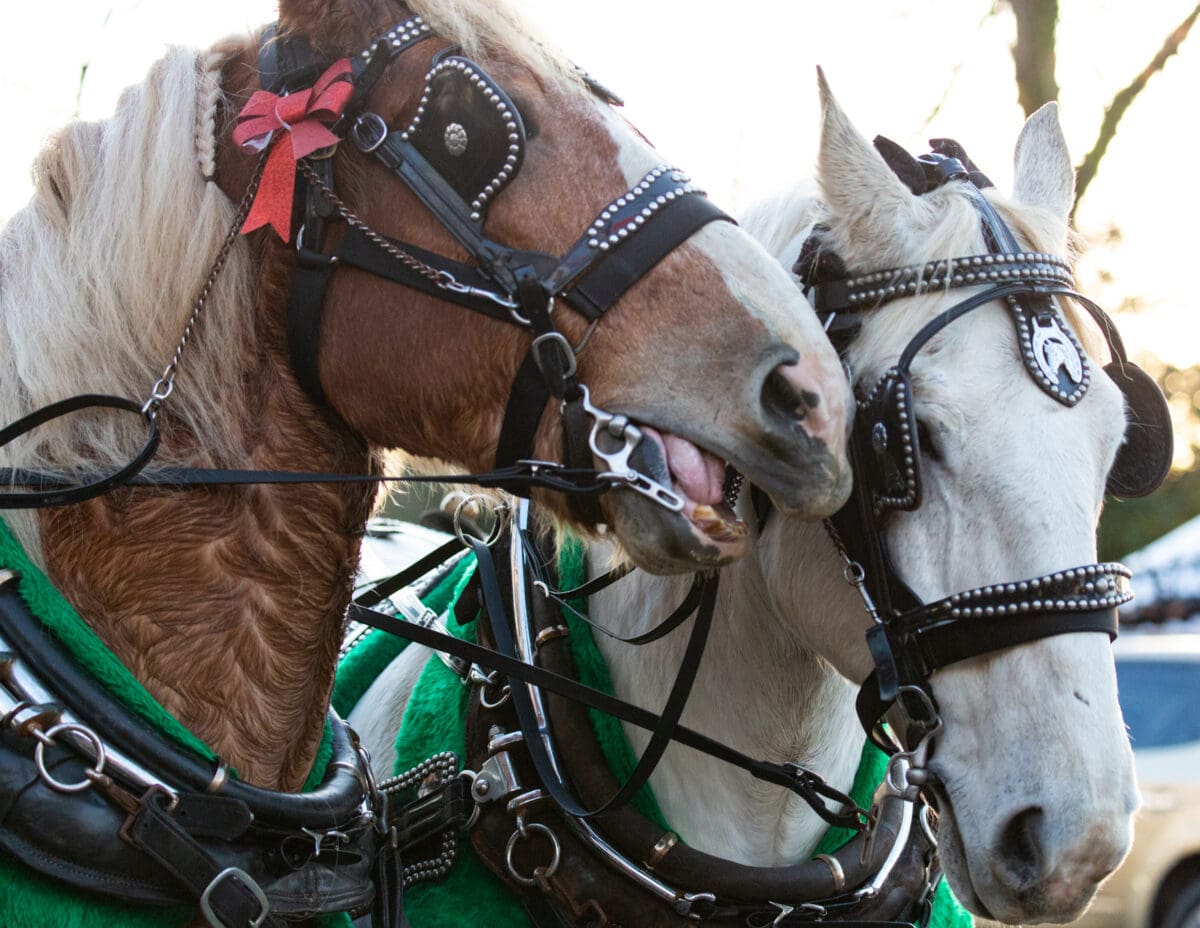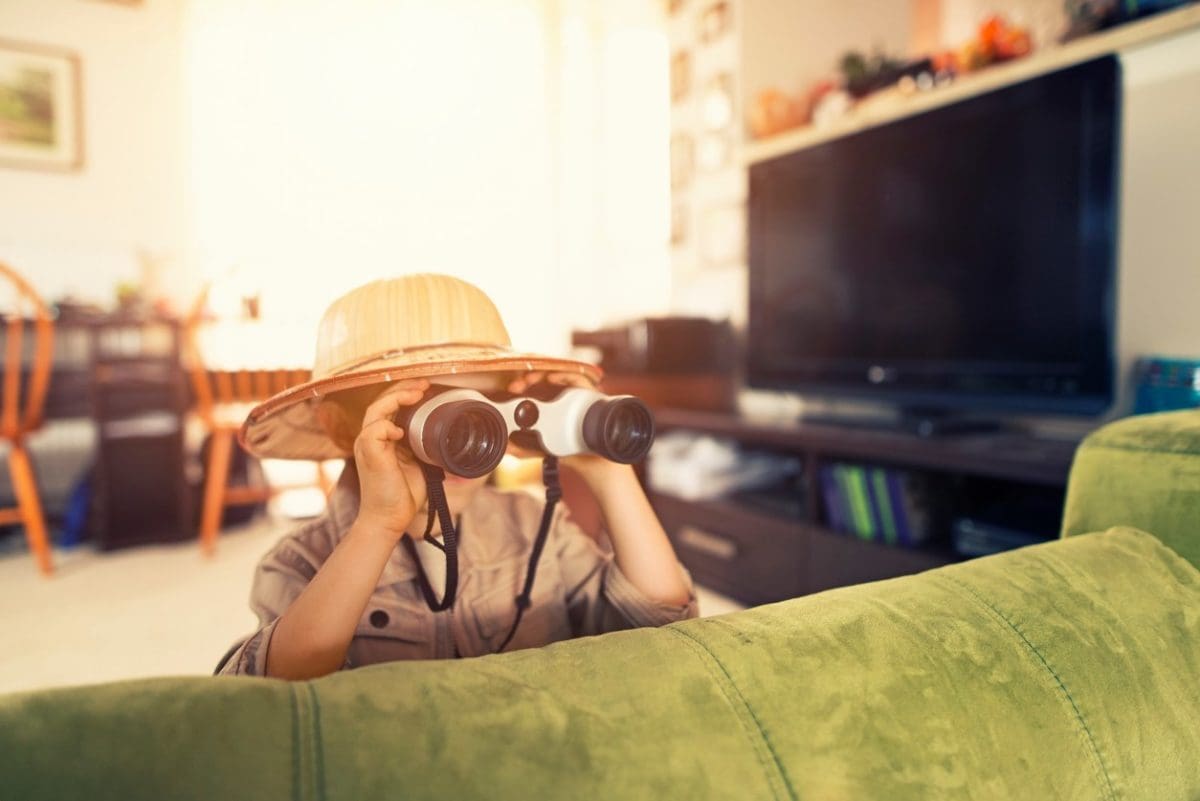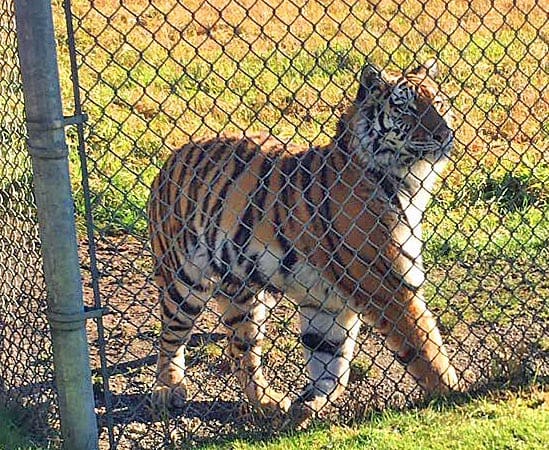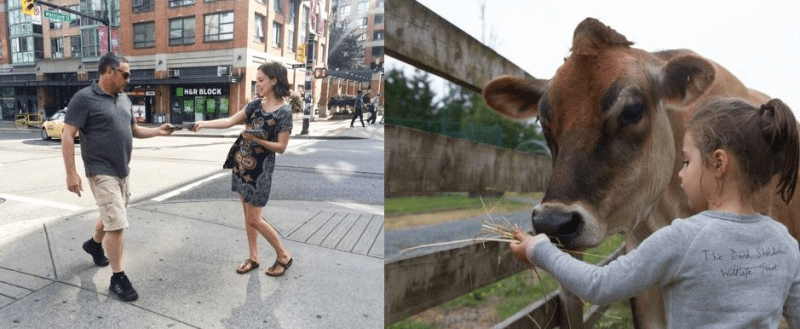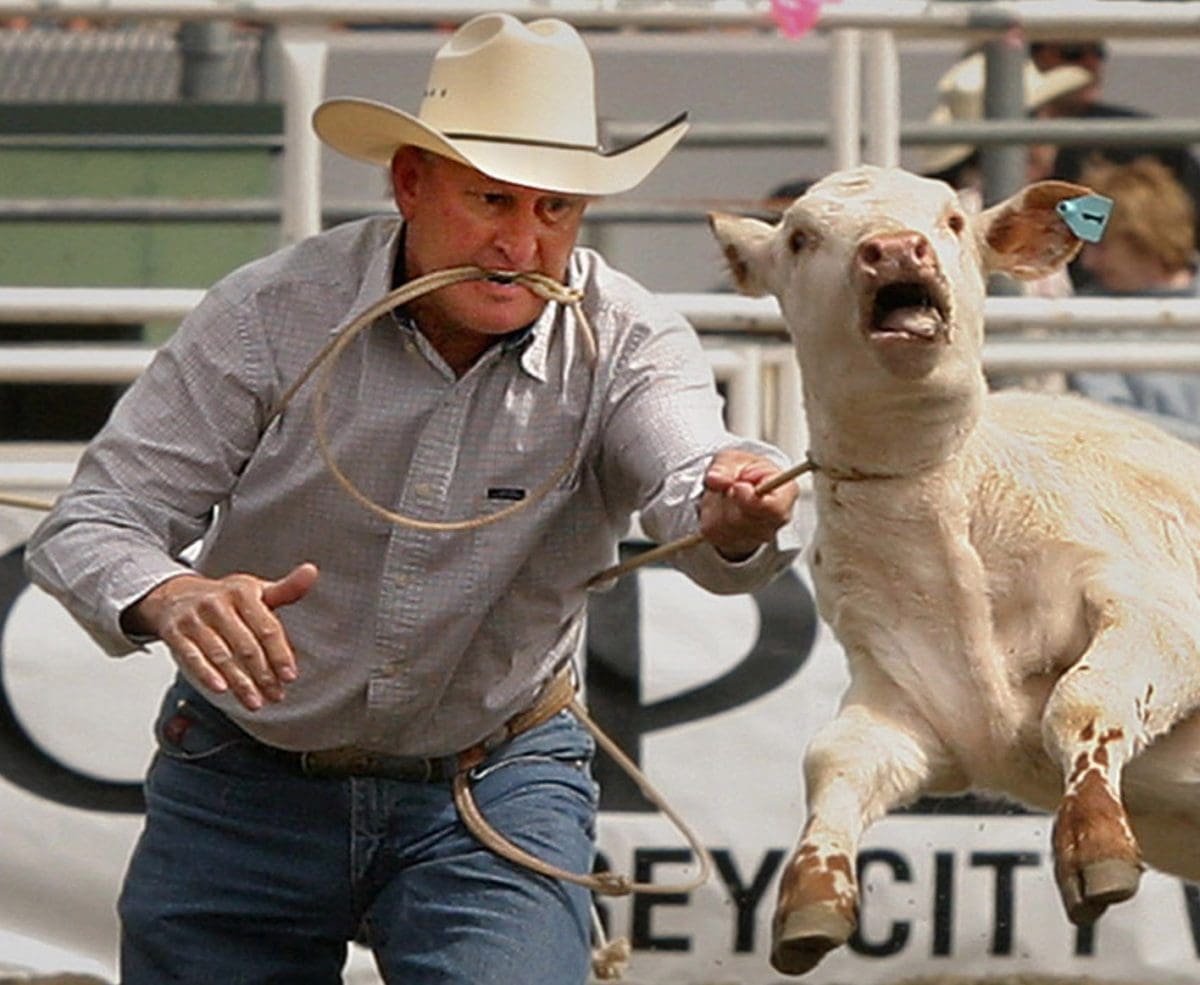Vancouver – The Vancouver Humane Society (VHS) has joined with the North Shore Crisis Services Society (NSCSS) to launch the first partnership of its kind in a project designed to help women and pets in crisis.
The project, funded in part by a $30,000 grant from PetSmart Charities® of Canada and a $9,000 grant from North Shore Community Foundation, will help homeless and loosely housed women who face barriers to accessing housing and support because they have pets. Many support facilities do not have the knowledge or capacity to address the animal health issues that come with housing pets.
The project will provide funding for preventative and urgent veterinary costs for pets, ensuring they are in good health and not a risk to human health. This could include medical treatments; flea, tick and deworming treatment; vaccinations and health checks.
“Women with companion animals have more difficulty finding housing,” said VHS executive director Amy Morris. “By ensuring their pets are in good health this project will allow homeless women to meet the requirements of housing and support social service agencies with concerns about taking in animals.”
Morris said that, under the partnership, NSCSS’s eligible clients would be able to apply to VHS for funding to pay for veterinary care and other support for their pets. VHS expects the project will add more partners in the coming months, offering more help to homeless women and their animals.
Laura Reynolds, Executive Director at NSCSS said: “North Shore Crisis Services Society provides safe and secure housing to abused women and their children. Pets can often be used as a means of control by an abusive partner, and we are grateful for this opportunity to partner with VHS to enhance our support for women, their children and their pets.”
“Far too often women living in unsafe situations face barriers when searching for pet-friendly transitional housing,” said Dani LaGiglia, regional relationship manager at PetSmart Charities of Canada. “We are proud to support these efforts that ensure women and pets in Vancouver can transition to safety together.”

